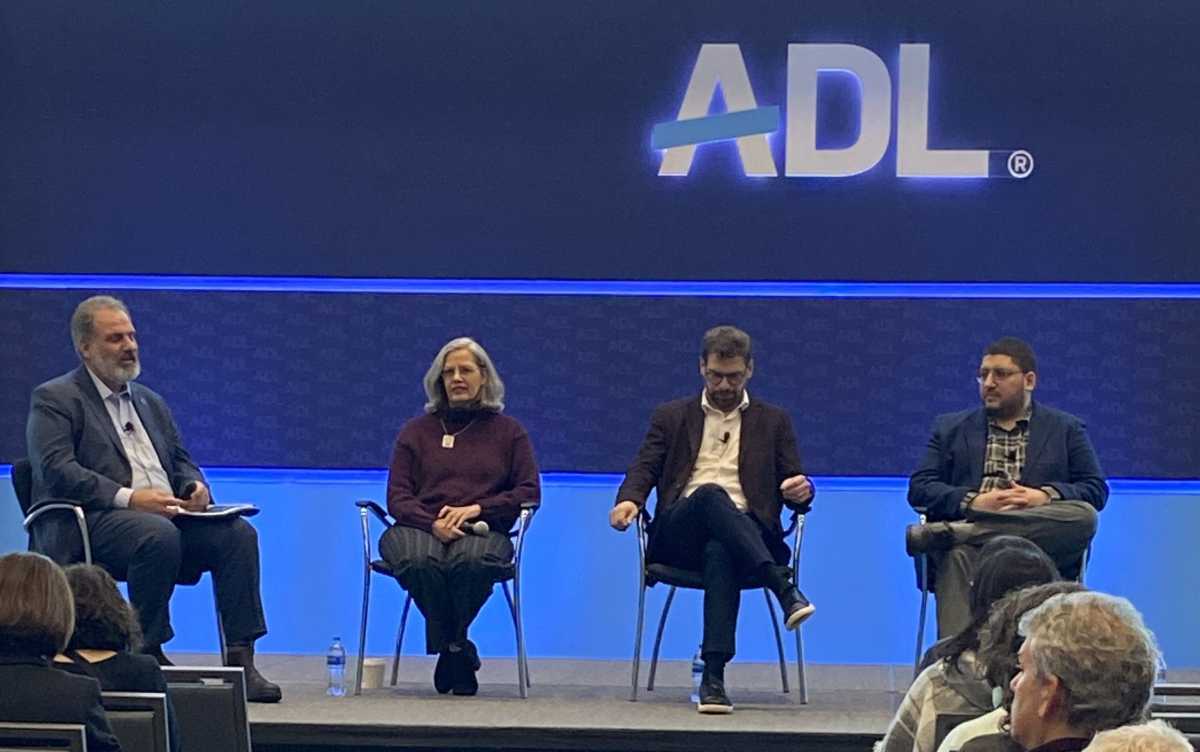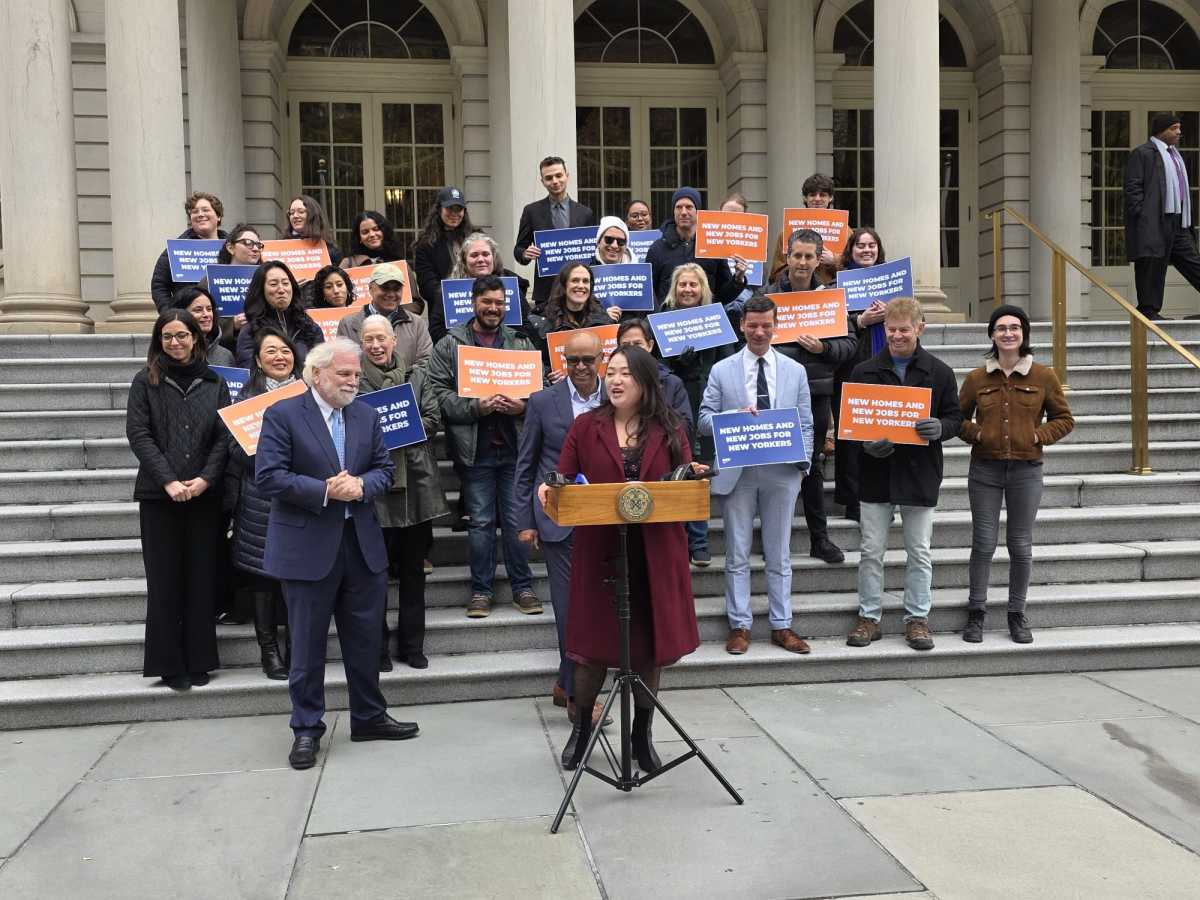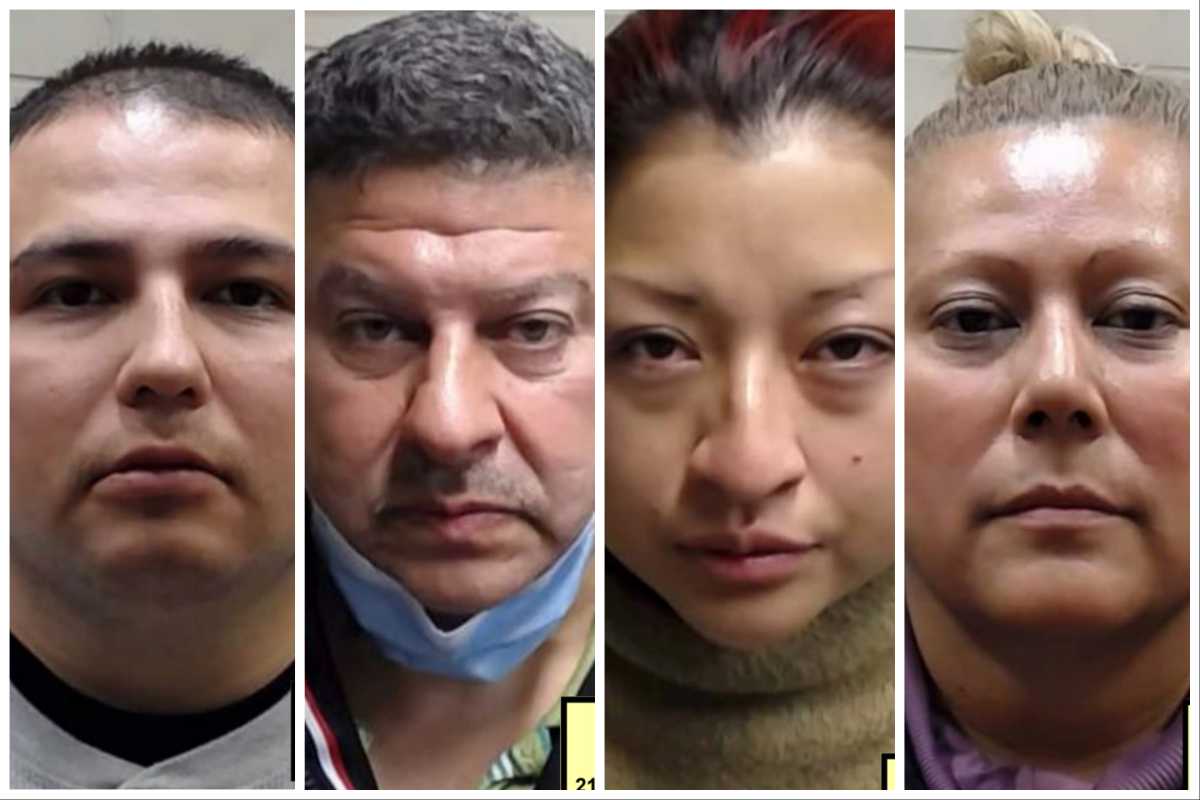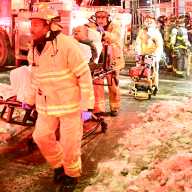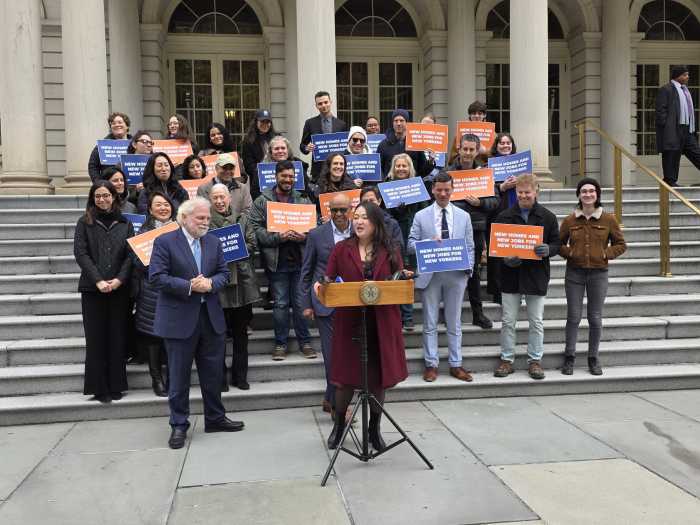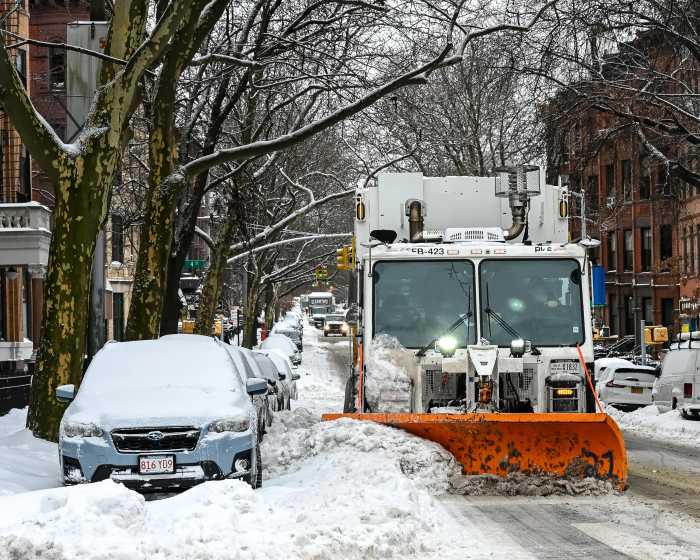In New York City, where antisemitism has reignited since the start of the Israel-Hamas war, thousands of people from around the world gathered to discuss ways to combat this alarming surge of hate plaguing the Big Apple and cities nationwide.
Nearly 4,000 people, many from the Jewish community, non-Jews, school groups and others, attended the Anti Defamation League‘s (ADL) Never Is Now summit at the Javits Center in Midtown Manhattan on Wednesday and Thursday to learn about the state of antisemitism and discuss strategies to help end the hate.
The ADL, an anti-hate group that fights antisemitism and bias, hosted different panels of guest speakers who discussed a range of topics, from the trauma of October 7 when the terrorist group Hamas attacked Israel, to more domestic issues, such as antisemitism on college campuses and national strategies that counter antisemitism.
ADL: Strategies to combat the rise of antisemitism
One highlight of the conference was a break-out session on how the ADL manages its caseload of antisemitic incidents in regional offices throughout the country.
The organization has several regional offices in the United States, including one that serves New York and parts of New Jersey. About 40 people attended the session, where the featured panelists from ADL described examples of antisemitism, how many cases they receive and how they respond.
“We engage and manage thousands of incidents every year by working with communities and law enforcement,” Aaron Ahlquist, director of policy for the southern division of ADL, said.
Zeroing in on the three months after Oct. 7, 2023, the ADL reports that antisemitism has increased dramatically nationwide, reaching 3,291 incidents compared with the same period the previous year, which saw 712 incidents.
Of those nearly 4,000 incidents, many include physical violence and harassment. Here is a breakdown of cases:
- 56 incidents of physical assault
- 554 incidents of vandalism
- 1,347 incidents of verbal or written harassment
- 1,307 rallies, including antisemitic rhetoric, expressions of support for terrorism against the state of Israel and/or anti-Zionism
How is ADL responding?
Yael Hershfield, director of incident response and law enforcement initiatives in ADL’s southern division, works on thousands of cases of antisemitism each year. Anyone can report a case of antisemitism through the ADL’s web portal, but the organization also receives information through the media, law enforcement and other channels.
“We receive incidents through a wide variety of forms, and my rule is to review all of them and prioritize,” Hershfield said. “A swastika in a park is not the same as a swastika in a school or a child who is being bullied in a classroom.”
Based on those priorities, ADL takes action, following a specific process to manage cases of antisemitism throughout their regional offices.
Much of this process includes speaking with constituents, shepherding them through law enforcement and other agencies who can offer solutions that can help in the longer term.
One important strategy the ADL uses to combat antisemitism is to monitor hate groups, sometimes for years, and work with law enforcement.
Panelists pointed to a case study of antisemitism that occurred in Georgia when a hate group was planning to protest in the state. Because ADL knew in advance the group was planning a visit to Georgia, Jewish congregations were able to increase their security. One of the hate group leaders was ultimately arrested in a Georgia county.
“In this case, because we had been monitoring this group, we knew in advance that they were planning a tour of Georgia,” Hershfield said. “We didn’t know exactly where in Georgia they would land, but we knew enough to share information with law enforcement.”
Building relationships with law enforcement is key, Hershfield said.
“That’s what our Center on Extremism does,” Hershfield explained. “They monitor individuals and groups with extremist ideologies, and provide reports, backgrounders of information to law enforcement so they are prepared when extremists come to their communities.”
The ADL also works with media so they don’t “elevate” a hate group’s message.
“That’s exactly what they want,” Hershfield said. “They want as many people to know about their hateful messaging.”
How to report antisemitism to the ADL
The ADL encourages anyone who is a victim or witnessed an incident of antisemitism to file a report on the organization’s website at adl.org. You will need to include a description of the incident, the date it happened and answer how you would like the ADL to help.



